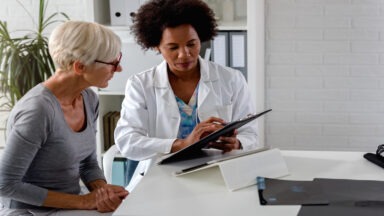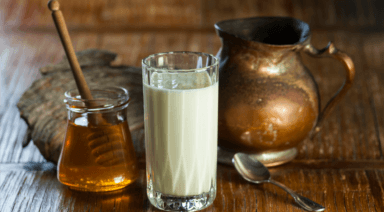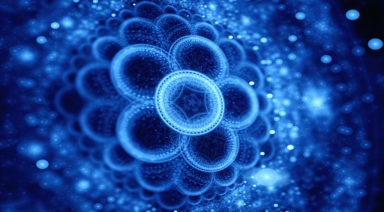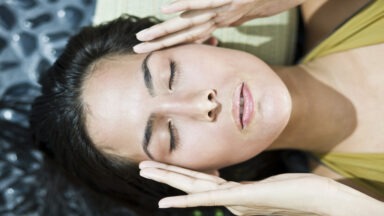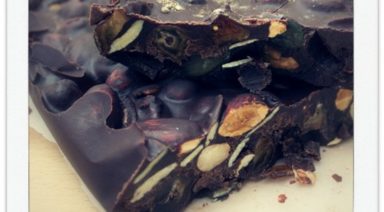Your Body Is a Superorganism Thanks to These Microbes
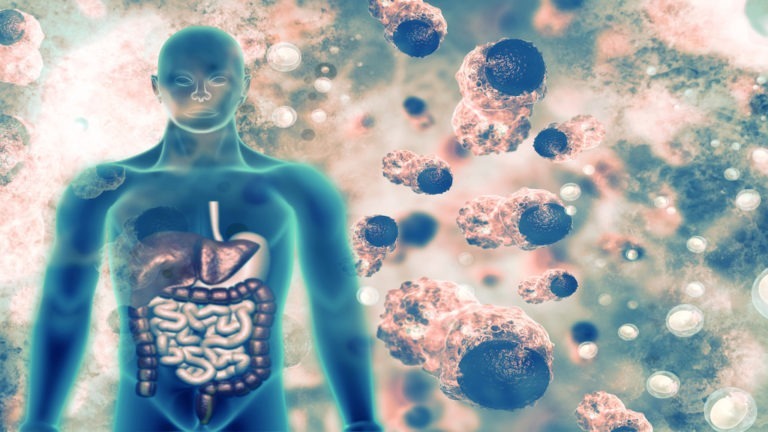
Dr. Bruce Lipton, Ph.D., a pioneer in the field of epigenetics who worked as a stem-cell biologist has effectively bridged the gap between mind, body, and spirit. Of particular note is his approach to the immune system, a widely appreciated (yet poorly understood) function of the body.
We Are Made of Microorganisms
As humans, we each possess a microbiome, a community of microorganisms (such as bacteria, fungi, and viruses) that inhabit the body. Our bodies are home to about 100 trillion of these microbes, and their role in protecting us from disease cannot be overstated: They are not just necessary, but crucial, to human life on a great many levels.
Microbiome research is an emerging field in which researchers investigate how the bacteria that live in and on our bodies affect our health and states of mind. Beneficial microbes in the gut have much to do with how efficiently we can extract calories from different kinds of food, how likely we can escape colon cancer or heart disease, and even how we metabolize different kinds of drugs.
And, as Lipton teaches, these microbes regulate a wide array of aspects related to both mind and body—from the removal of toxins to gut feelings, and from sleep patterns to appetite. In fact, because of their role in the production of certain hormones such as serotonin, a deficiency in the microbiome literally affects happiness levels and may contribute to anxiety and depression.
The Crucial Link to Our Immune Systems
Lipton brings the invisible world into focus, showing how three pounds of microbes in our bodies can make or break our state of health, and how they can be the deciding factor between life and death. He tells us that our skin is not only covered with bacteria and fungi but that every organ system is connected to the outside environment thanks to these tiny microbes.
Surprisingly, our bodies are made up of 150 trillion human cells, but we have five to 10 times that amount of microbes. Thus, when we look in the mirror we are really looking at a network of bacteria and fungi, leading Lipton to apply a new definition to the very notion of a human being — a superorganism.
Science has determined that we are more bacteria than human, and in his series, Lipton invites us to see how the microbiome is fundamental to sustaining and promoting health. The first line of defense is protecting our minds and bodies against environmental pathogens, or microbes that cause disease. The microbiome goes to work the moment we are born into this world and continues to keep us going until the inevitable end of our lives.
The microbiome is acquired after birth after the newborn infant leaves the sterile environment of the womb, and it guards against all sorts of environmental pathogens that touch the surface of the body. While most people, including doctors, are quick to assume that the immune system will attack, destroy, and manage these invasive organisms, Lipton offers a crucial and often overlooked part of the process: He teaches that it is the microbiome that deals with most external microbes, before our immune systems are called upon to address them.
Our bodily system of bacteria and fungi immediately go to work to prevent invading pathogens from harming us and upsetting the nature of the microbiome community. “Even before germs can touch your body,” explains Lipton, “your microbiome has filtered out almost all of the pathogens.” Meaning, “the microbiome is the first deterrent to infection.”
Our Disease-Fighting Power
For quite some time, physiologists, biologists, and other scientists have taught that foods we eat are broken down in the mouth, stomach, and intestines to make the nutrients available to the body. But that description of the digestive process leaves out an important stage. More recent findings show that the microbes of the digestive system actually carry out the final step of digestion, breaking the smallest pieces of food we eat into building blocks that feed our entire physiology.
Without this large community of microorganisms in our bodies, we wouldn’t be able to digest foods, and life would come quickly to an end. For this reason, drugs such as antibiotics can have a detrimental impact on our health when misused or overused, as they kill off the microbes that are crucial to our survival, and do not distinguish between pathogenic microbes and friendly bacteria of the microbiome. Lipton teaches that when drugs or diseases have this type of deleterious effect, we must then go to work replenishing the lost microbes or risk further health complications.
Dr. Lipton’s Life-Saving Knowledge
According to Lipton, there are three primary functions of our microbiome:
- To assist digestion.
- To release hormones that influence our behavior and “gut feelings.”
- To signal our immune system, so it effectively kills invasive pathogens, before they can damage our cells.
The message Lipton offers could be the most important viewers will ever hear regarding health and wellbeing: Not only are our microbiomes essential to digestion and cellular health, but they are also critical to the hormonal system that affects everything from our sense of happiness to our energy production to the lymphatic system that removes waste products from your body.
Lipton makes it clear that every cell in our body is dependent on the microorganisms that make up the microbiome — and good health depends upon the trillion bacteria that keep the body active and healthy.
Biorhythm Research is Creating New Paradigm in Women's Health

Following decades of being excluded from clinical studies, women today are suffering dire consequences. Can new research finally reverse the misunderstandings and help women harness the power of their unique biology?
Kayla Osterhoff is a neuropsychophysiologist studying the mind-body connection, with a focus on women’s health.
“Well most people are probably not aware of this, but women actually represent the largest gap in health science research that exists today,” Osterhoff said. “This is perpetuated by a problem that actually manifested back in 1977 when the FDA formally banned all women of child-bearing potential from all clinical research. That ban remained in effect until 1993, and to this day, the damage has been done and women are still left out of the clinical research.”
“The reason why women are left out of the clinical research is that women are biologically complex, meaning that they are biologically, biochemically, and physiologically shifting constantly because of our female hormone cycle that drives our physiology. The other reason is that women are risky research subjects, meaning that they can become pregnant at any time during the study. So, while it is understandable from an ethical standpoint, it cannot remain in effect because women are really being disempowered by this gap,” she said.
The repercussions of this scientific gap have been profound and were highlighted in a recent study.


